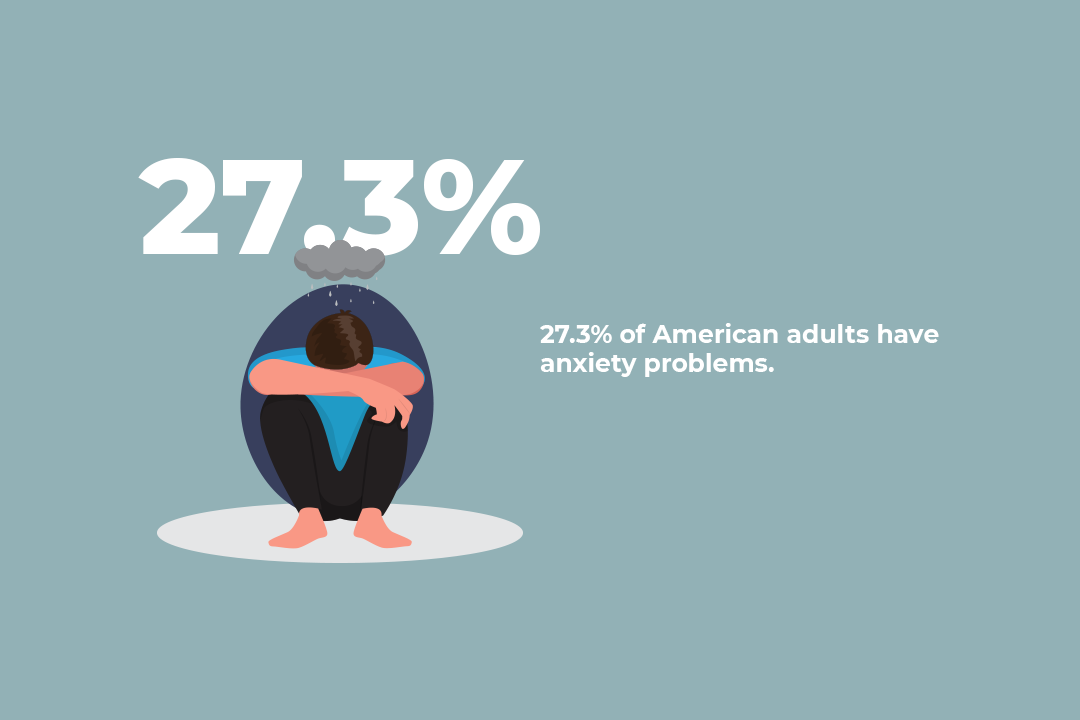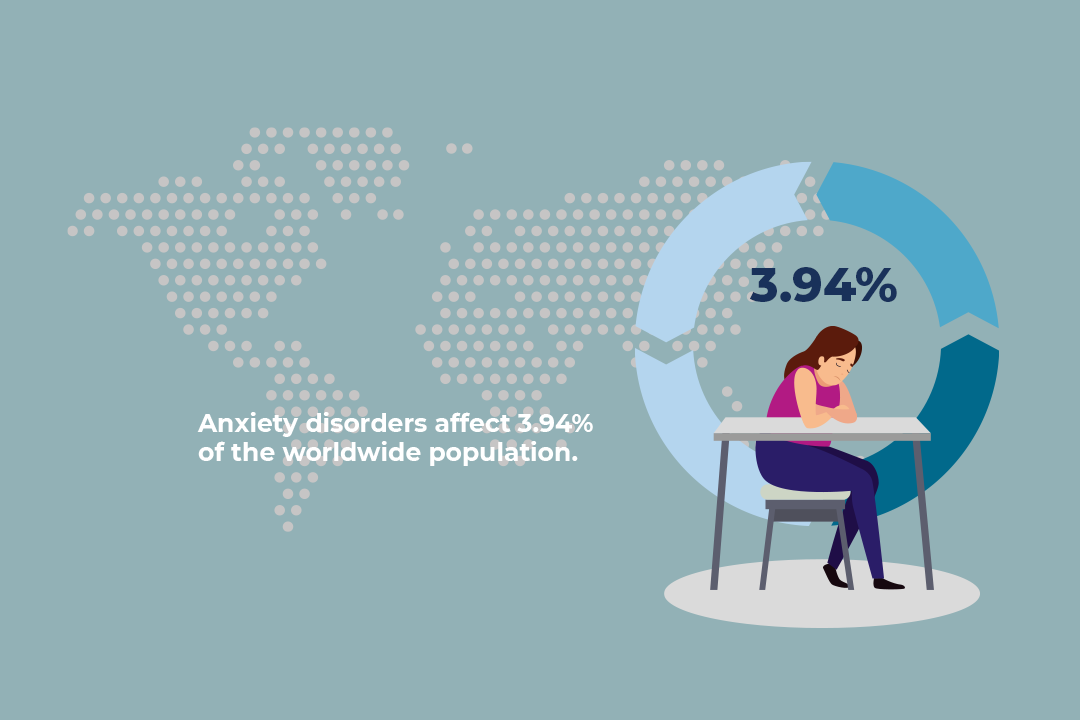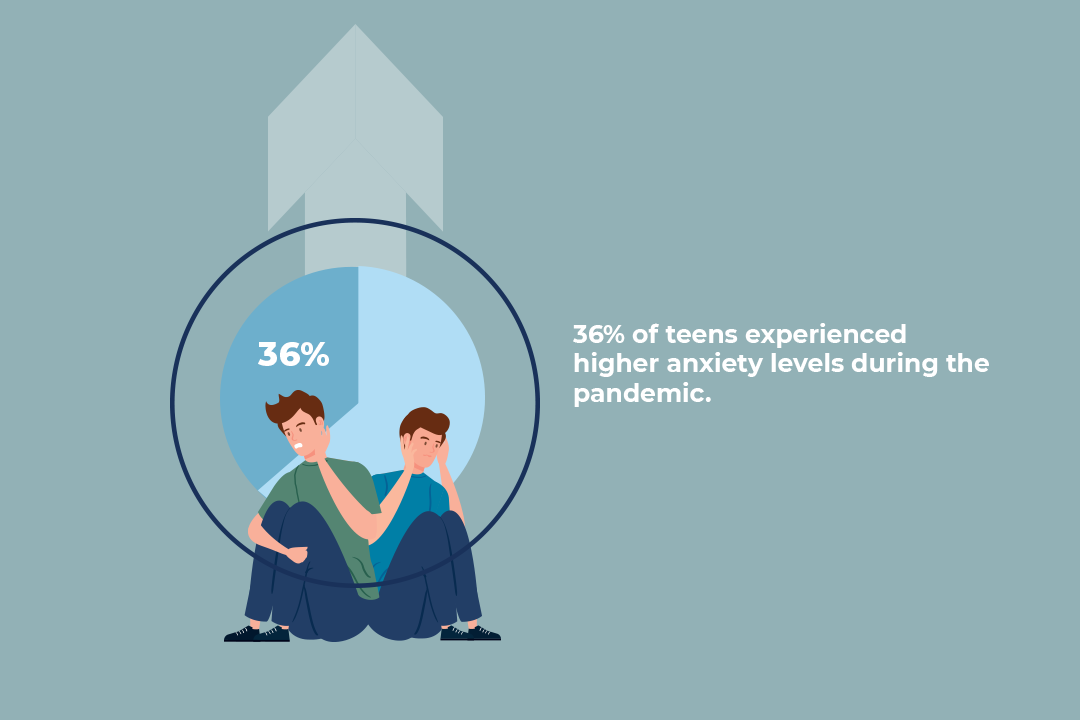We Are Here To Help
There’s Always Another Option. ♡
- © Copyright 2025 Alternative Options Counseling Center, Inc | Site Map
Home - Anxiety & Depression - Anxiety treatment
With anxiety being one of the most prevalent mental health concerns, anxiety treatment plays a crucial role in society. This article will provide a comprehensive overview of anxiety, its effects on wellness, and various treatment options. By the end, you will have a better understanding of how you can manage your anxiety symptoms and find a quality anxiety treatment center.

Let us guide you through your options and treatment opportunities. Contact Alternative Options today.
Post-traumatic stress disorder (PTSD) can develop after a person experiences or witnesses a traumatic event, such as combat, sexual assault, a natural disaster, or a severe accident. Common symptoms include flashbacks, hallucinations, and nightmares of the event, avoidance of anything that reminds the individual of the trauma, and irritability.
Seeking anxiety treatment can be an essential step in improving financial wellness.

Therapy is a type of professional anxiety treatment that involves meeting with a trained mental health professional to address anxiety and other mental health concerns. Several types of therapy can be used to treat anxiety. Some include the following;
Dialectical behavior therapy (DBT) is another effective anxiety treatment. DBT incorporates mindfulness, acceptance-based techniques, and cognitive and behavioral strategies to help individuals learn to tolerate distress and regulate their emotions. It can help individuals learn to manage anxiety symptoms and reduce emotional reactivity.

Anxiety clinics are another specialized mental health clinic.5 They focus on the diagnosis and treatment of anxiety disorders. These clinics are staffed with mental health professionals with expertise in treating anxiety conditions. Some anxiety clinics may also offer the following programs:

Support groups can also help individuals build a sense of community. This helps to reduce feelings of isolation and loneliness. Some groups may focus on specific anxiety disorders, while others may be more general. Support groups can be led by a mental health professional or facilitated by trained volunteers with lived experience.
Finding an anxiety treatment provider that is right for you can be challenging. Here are some tips that can make the process easier:

Contact us at Alternative Options today if you or your loved one needs help with anxiety. The journey to a higher quality of life starts now.
Serving Los Angeles and Orange County Areas
We Are Here To Help